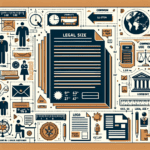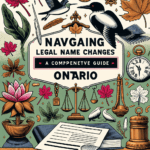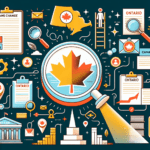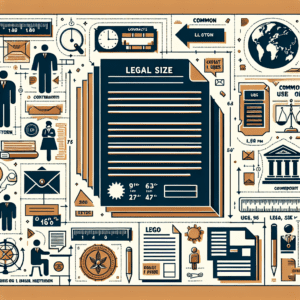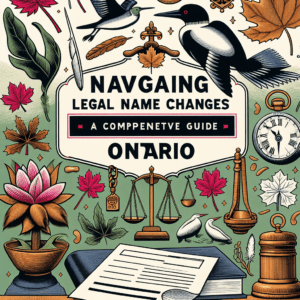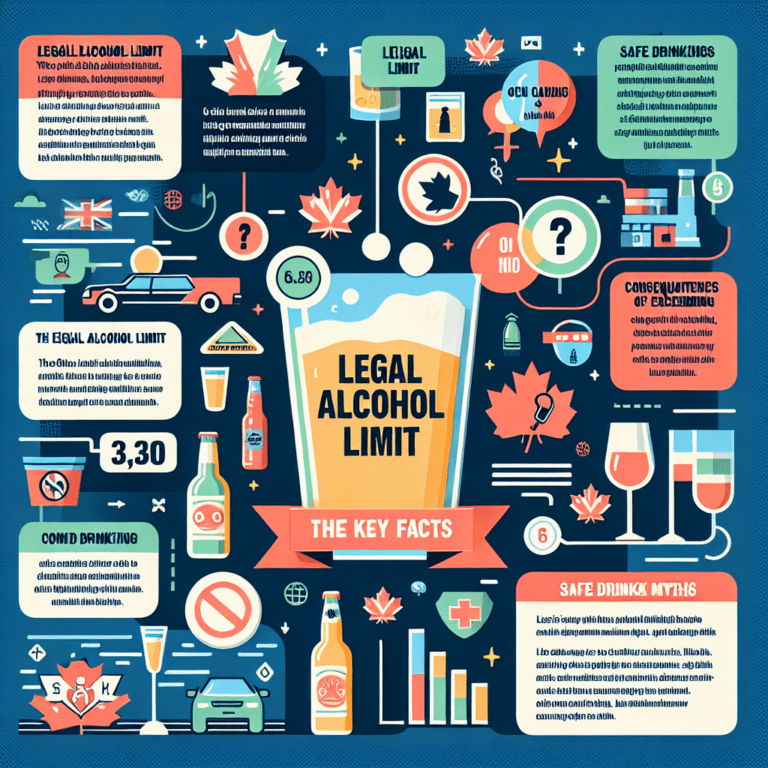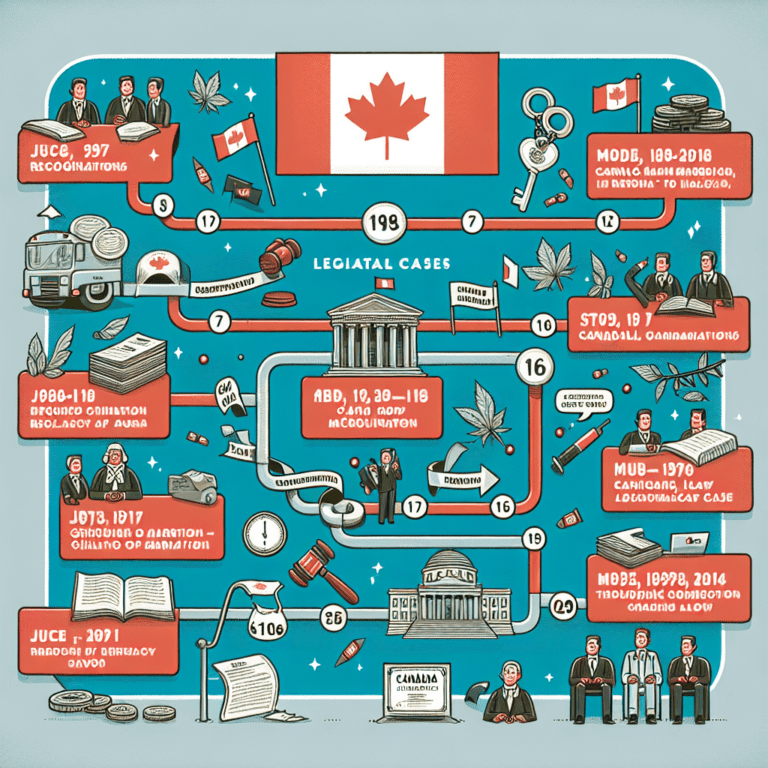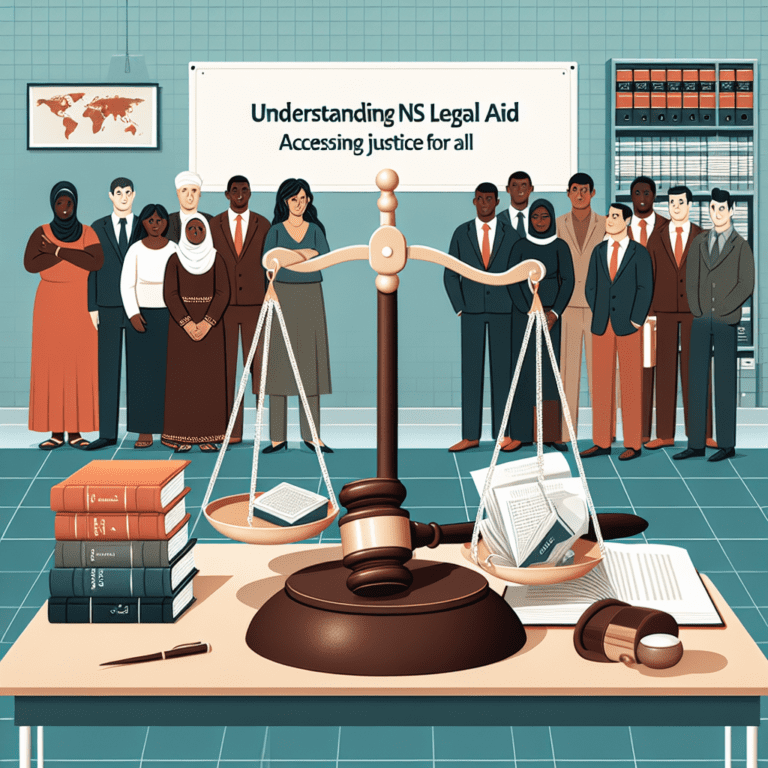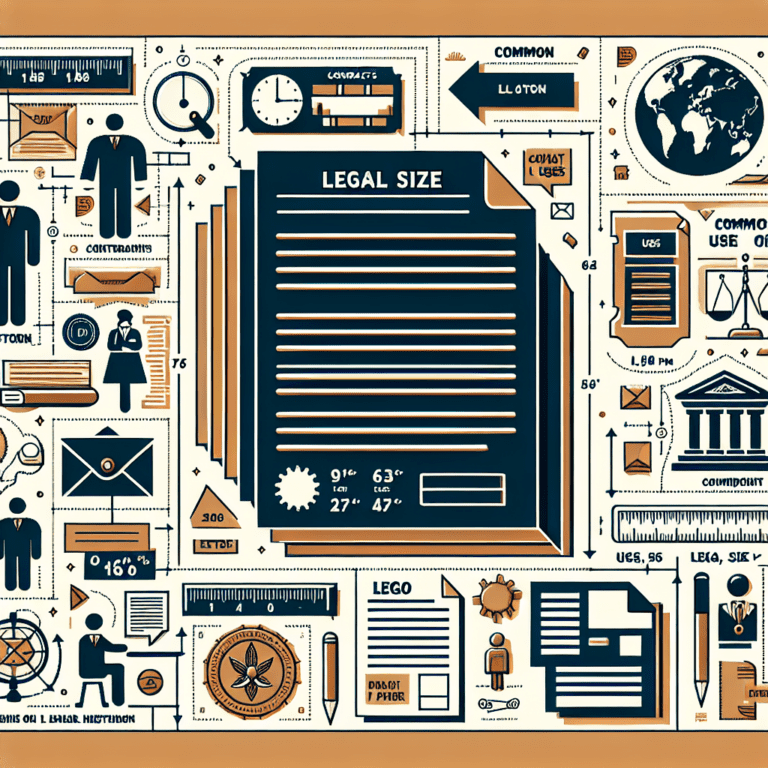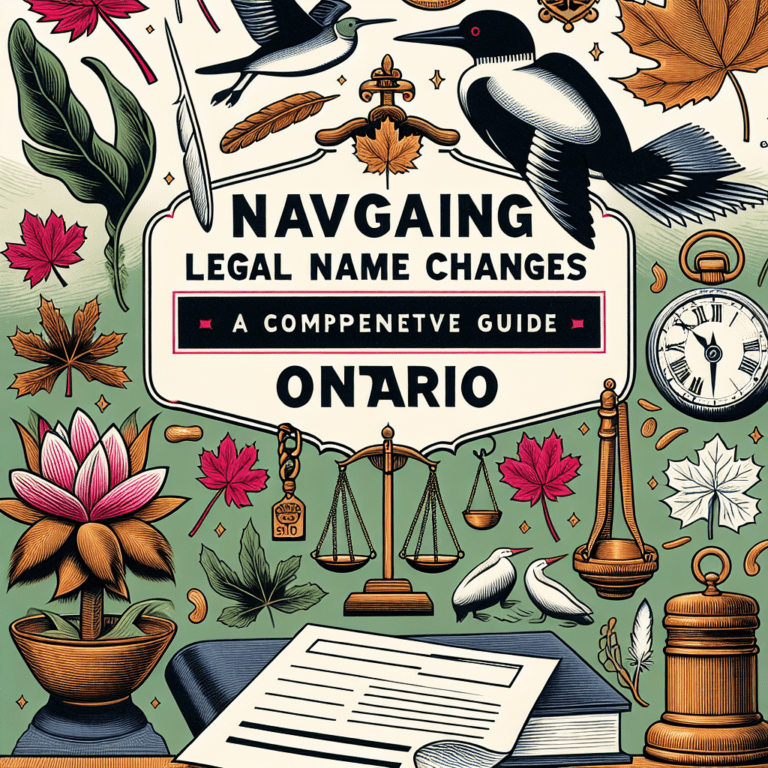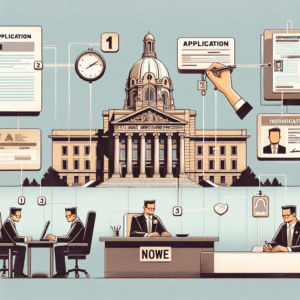===
Navigating the complexities of family dynamics and legal responsibilities can often feel overwhelming, especially when it comes to the crucial role of legal guardians. Understanding the role and responsibilities of legal guardians is essential for anyone considering this life-altering commitment. Without clear guidance, guardianship can lead to confusion and potential legal pitfalls, leaving vulnerable individuals—like minors or incapacitated adults—without proper care and support. By shedding light on the essential functions and key responsibilities of legal guardians, you can empower yourself with the knowledge needed to make informed decisions, ensuring the well-being of those who depend on you.
The Essential Functions of Legal Guardians Explained
Legal guardians play a pivotal role in the lives of those they protect, serving as an alternative to parental or familial care when circumstances render traditional guardianship unfeasible. Their primary function is to ensure the physical, emotional, and educational needs of the ward are met. This often requires making critical decisions about schooling, healthcare, and daily living arrangements, all of which have profound impacts on the ward’s quality of life. In many cases, the guardian is tasked with creating a nurturing environment that promotes development and stability, allowing the ward to thrive.
Moreover, guardians are often responsible for financial management on behalf of their wards. This includes budgeting for everyday expenses, overseeing any government benefits, and safeguarding the ward’s assets. Financial literacy becomes a crucial skill, as guardians must navigate legal obligations while ensuring the ward’s financial needs are met, which could involve working with accountants or legal advisors. In essence, a guardian must act as both a caregiver and a financial steward, balancing compassion with responsibility.
Another essential function is advocacy. Legal guardians serve as advocates for their wards, ensuring that their legal rights are upheld and that they have access to necessary services. This may involve liaising with doctors, schools, and social services to ensure that the ward’s best interests are prioritized. Guardians must be well-versed in the legal system to effectively navigate the complexities of their duties, making it imperative that they seek ongoing education and support to fulfill their roles effectively.
Key Responsibilities Every Legal Guardian Should Know
A core responsibility of legal guardians is to uphold the legal standards set forth by the court or legal authority that granted guardianship. This involves adhering to guidelines regarding the ward’s safety and well-being, which can include regular check-ins with social services or appearing in court as required. Guardians must maintain detailed records of their interactions and decisions regarding their wards, as transparency is crucial to build trust and accountability. Failure to adhere to these legal obligations can result in loss of guardianship or legal consequences.
Healthcare management is another critical duty. Guardians must make informed decisions about medical care, including routine check-ups, emergency treatments, and mental health support. This responsibility extends to understanding the various medical options available and advocating for the best care for their wards. In today’s complex healthcare environment, being an informed guardian often means becoming an active participant in the healthcare decisions of the ward, ensuring they receive timely and appropriate care.
Additionally, emotional support is a fundamental responsibility that is often underestimated. Guardians must provide not only physical care but also emotional guidance and stability. This includes creating an environment where the ward feels safe, understood, and loved, helping them navigate their feelings and experiences. The emotional well-being of the ward is crucial for their overall development, and guardians must be equipped with the skills to provide this support. Engaging in open communication and fostering trust are essential elements of this responsibility, ensuring that the ward knows they are not alone.
===
Taking on the responsibilities of a legal guardian is a significant undertaking that requires dedication, knowledge, and compassion. By understanding the essential functions of legal guardians and the key responsibilities they must uphold, you can prepare yourself for this critical role. It is vital to remain informed about legal, healthcare, and emotional support aspects of guardianship. If you find yourself in a position to become a guardian, equip yourself with these insights and resources, and remember that you hold the power to make a profound difference in someone’s life. Explore further resources, connect with experienced guardians, and consider legal advice to ensure that you are fully prepared for this rewarding journey. Your commitment could transform lives—starting with your own.
Understanding Legal Self-Defense Weapons in CanadaUnderstanding Legal Paper Size: Dimensions and Uses ExplainedNavigating Legal Name Changes in Ontario: A Comprehensive GuideRelevant LinkRelevant LinkRelevant Link

